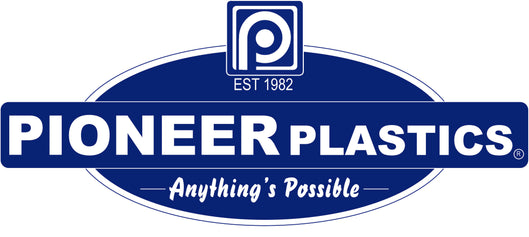
Why You Should Jump on the Rainwater Harvesting Bandwagon in 2022
The technique for capturing rainwater for future use is called rainwater harvesting. There is no other option than to let the water run into a drainage system or sewer system. Water tanks are commonly found in rural areas and on farms. However, it is fast becoming a viable option for those who want a more sustainable lifestyle and are living in urban areas.
Rainwater is free, whereas, water from mains is not. Rainwater has an almost neutral pH and is valued for its purity and softness. It is free from minerals, salts, by-products, and other natural and artificial contaminants.
Rainwater harvesting can be highly beneficial in the fight to save water. Some things to consider include the size of your roof, the size and location of your tank, what you'll use the water for and the costs involved. Once you've considered the above-mentioned, you can make an informed decision to install a rainwater harvesting tank that will suit your needs and make your home more sustainable in the long run.
You can use rainwater for agriculture, commercial purposes and residential purposes such as bathing or showering, laundry, toilet flushing and watering the garden.
Start Now to Reap the Benefits of Rainwater Harvesting
Rainwater tanks are becoming more than a "nice to have" in South African homes due to ongoing water shortages. If you haven't installed a water tank yet, now is the time. Just make sure you choose one that suits your needs.
While there might be some downsides to rain harvesting, the benefits far outweigh them. So why wait when you can take advantage of free resources?
Are you ready to live more sustainably? Then rainwater harvesting might be for you. Get in touch with the team at Pioneer Plastics for more information, or head over to our online store to order your water tank today.
